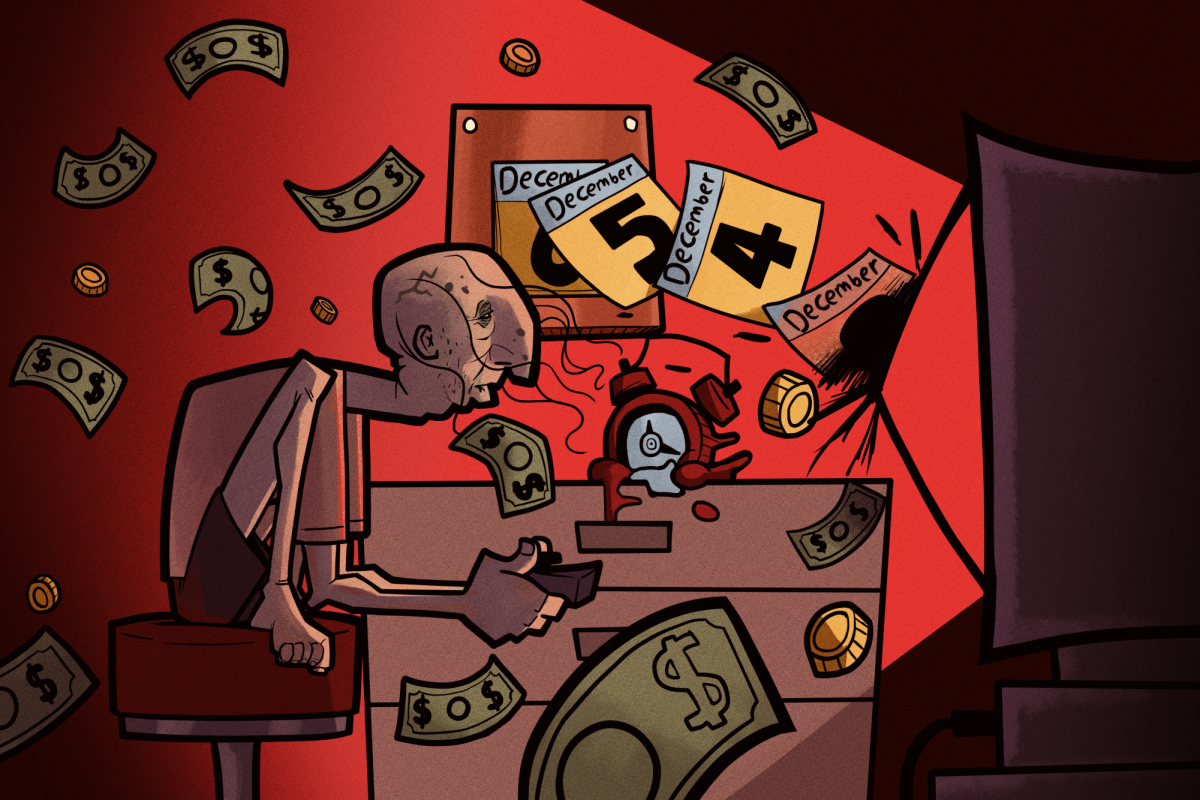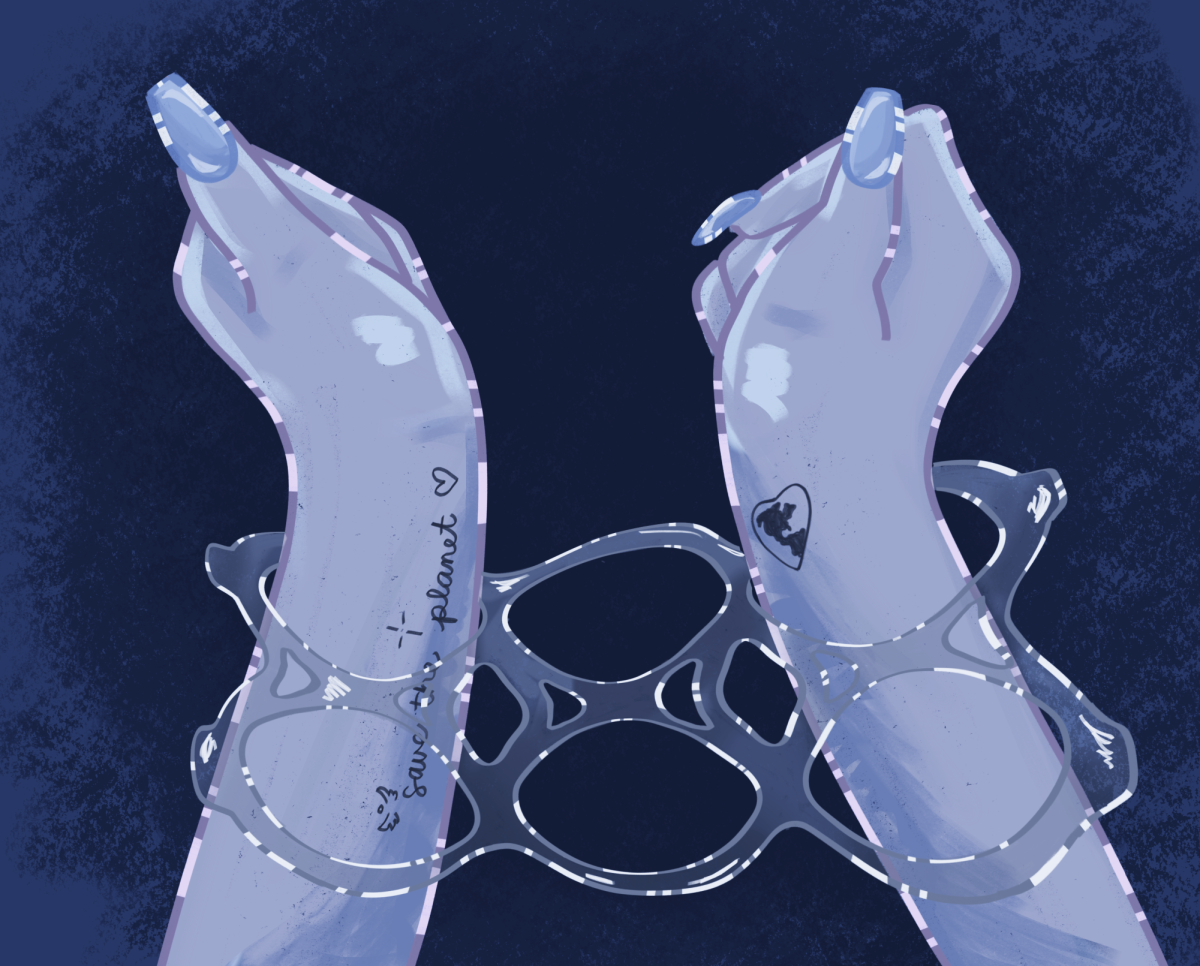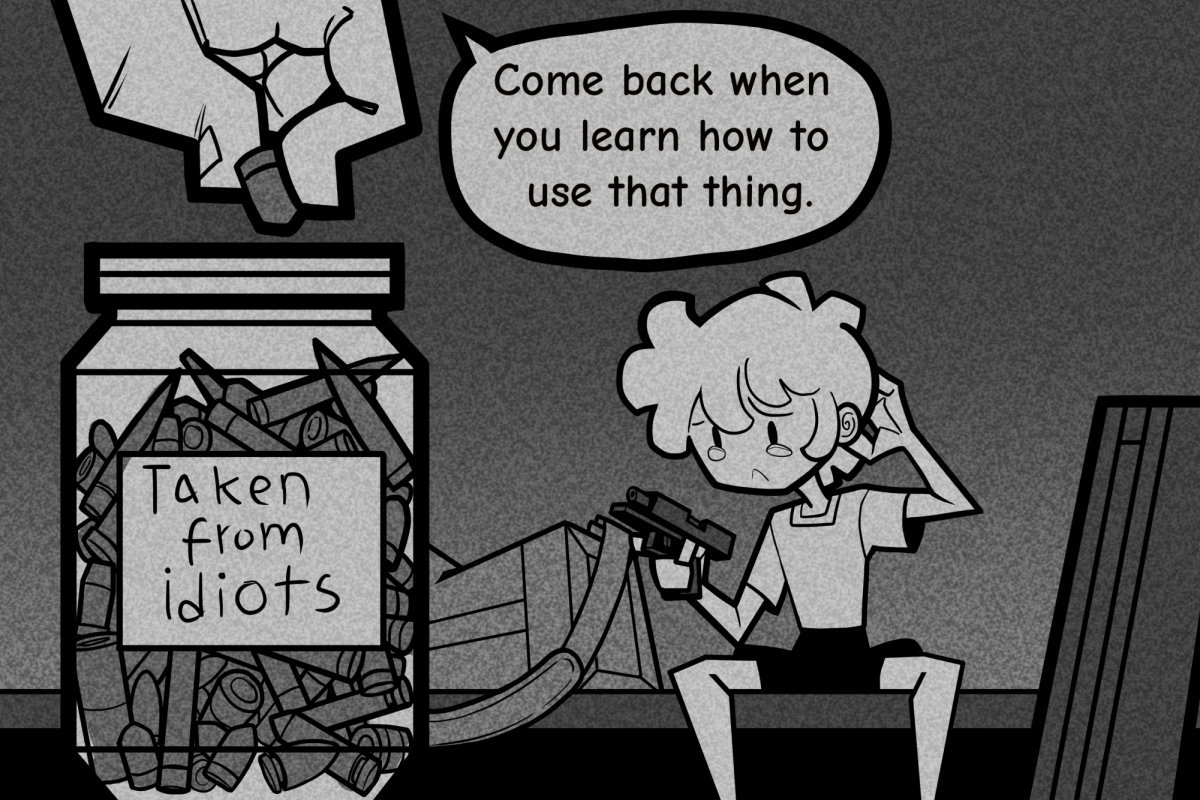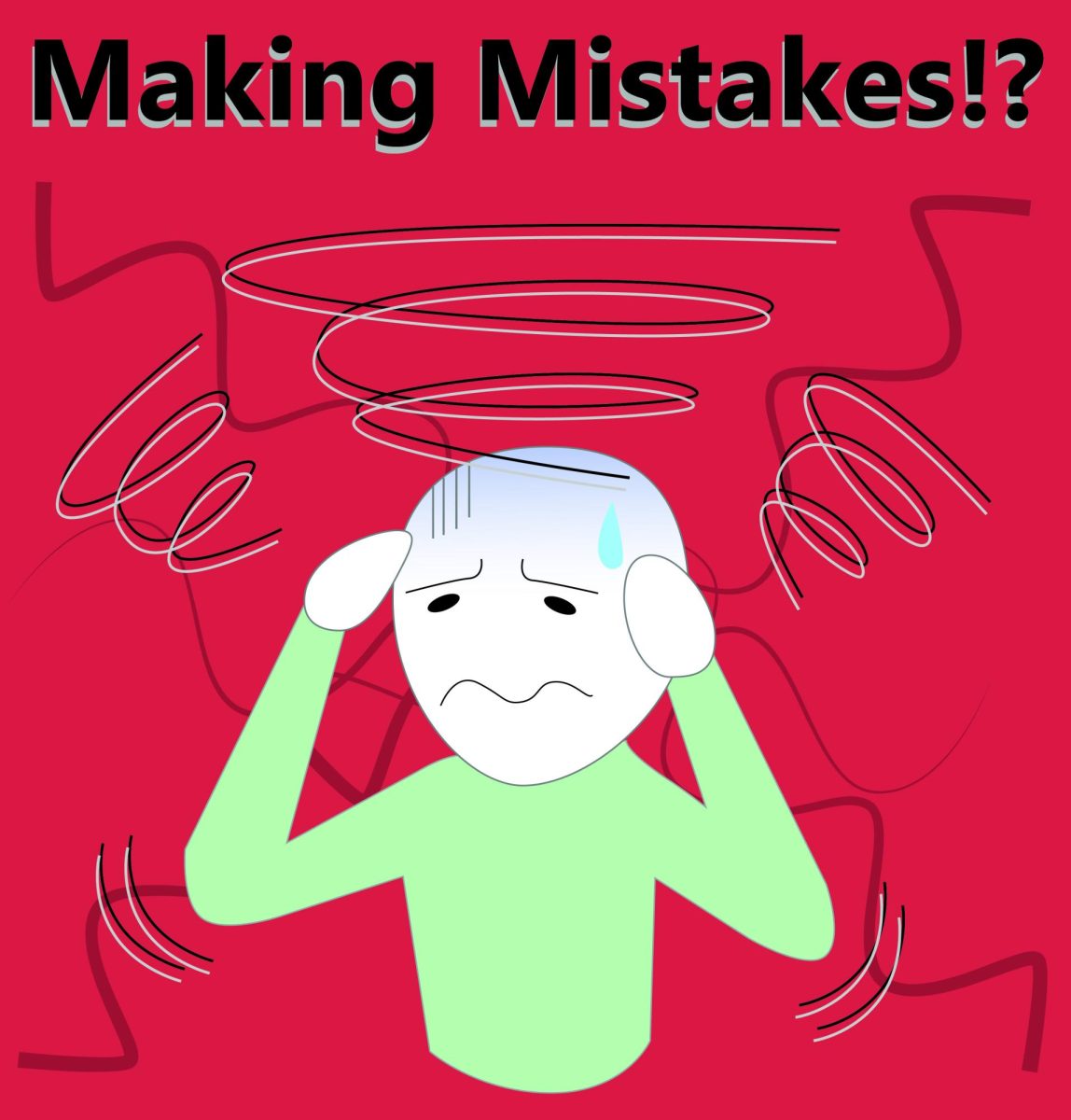Video games have become bloated with gated content. Games are fun, but under their gilded surface, recent innovations in games have turned the once simple experience of earned cosmetics into a time and money disaster.
Within the gaming landscape, people who play on PC tend to spend most of their time playing the same game. One such example is Valve’s neglected hit game “Team Fortress 2.” The game utilizes an easy-to-understand system but locks game-changing weapons behind achievements that take a while to reach, which incentivizes players to spend money to speed along the process.
Often, weapons can entirely change a character’s playstyle, and if a player does not have access to the weapon, they are at a distinct disadvantage the moment a player counters their class or playstyle. Essentially, this means a player is required to spend money or waste hundreds of hours playing just to be on the same playing field as a player who paid for their advantage.
Veteran players are incentivized to spend money on cosmetic loot boxes, which grant special costumes and statistic-tracking weapons to highlight their progress, further adding time investments and money spent on a singular game – leaving new cosmetics to chance.
Gambling is not the only way modern video games actively steal time without reward. Another common practice is the use of locked content through a pay-to-earn system called a “battle pass.” Ever since the release of “Fortnite,” battle passes have been a popular subscription model that has largely replaced loot box systems.
However, these are just as predatory as their pay-for-prizes counterparts because battle pass systems utilize the fear of missing out as an incentive for players to grind hours on the game for content. This can be achieved through limited-time events, gate-keeping desirable cosmetics behind a large time investment and locking game-changing mechanics or characters within it.
One such example is “Overwatch 2,” which took “Fortnite’s” attractive system into malpractice. “Overwatch 2” is a free-to-play, multiplayer online battle arena and first-person shooter hybrid that focuses on abilities and team coordination to play effectively. In this game, new accounts are required to unlock heroes at a glacial pace, with some characters being unlocked after 130 games played. All characters who were unlocked by a battle pass from a previous season require you to win 35 games to unlock that singular character.
Among such examples, more games introduce predatory time-wasting systems, which encourage spending to bypass. Unfair game mechanics require the player to become an expert to play normally, such as “House of the Dead’s” difficult-to-hit weak points. Equally problematic are wait-to-craft systems for unlockable weapons, such as what is found in “Warframe” with up to 72 hours of wait time for a single item or part to an item. Among these, numerous examples create an unhealthy gaming environment and leach players’ time.
Time is as valuable as money, and unfortunately, triple-A developers do not respect the players’ time. Treat your time for fun with care.















